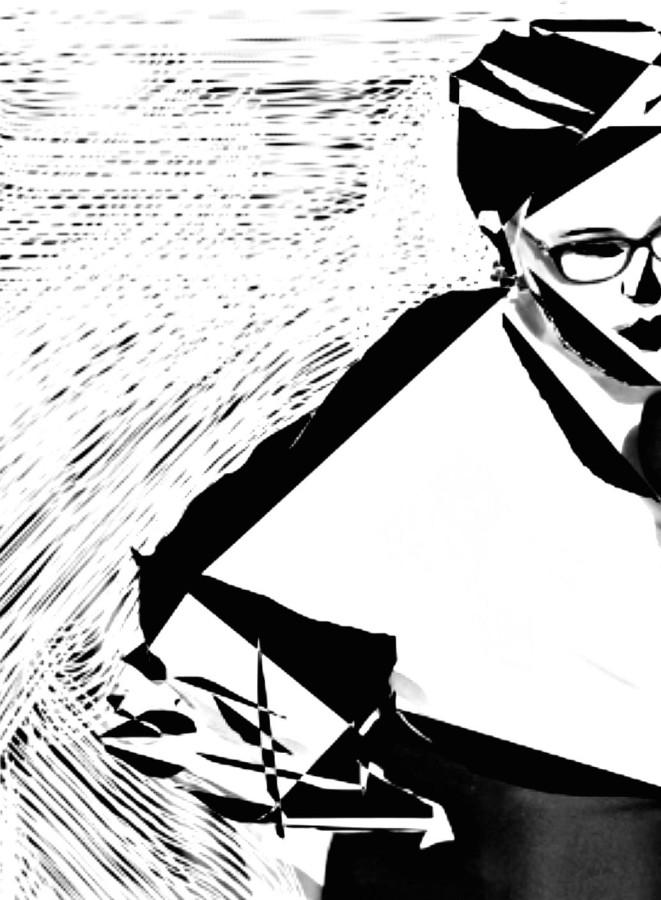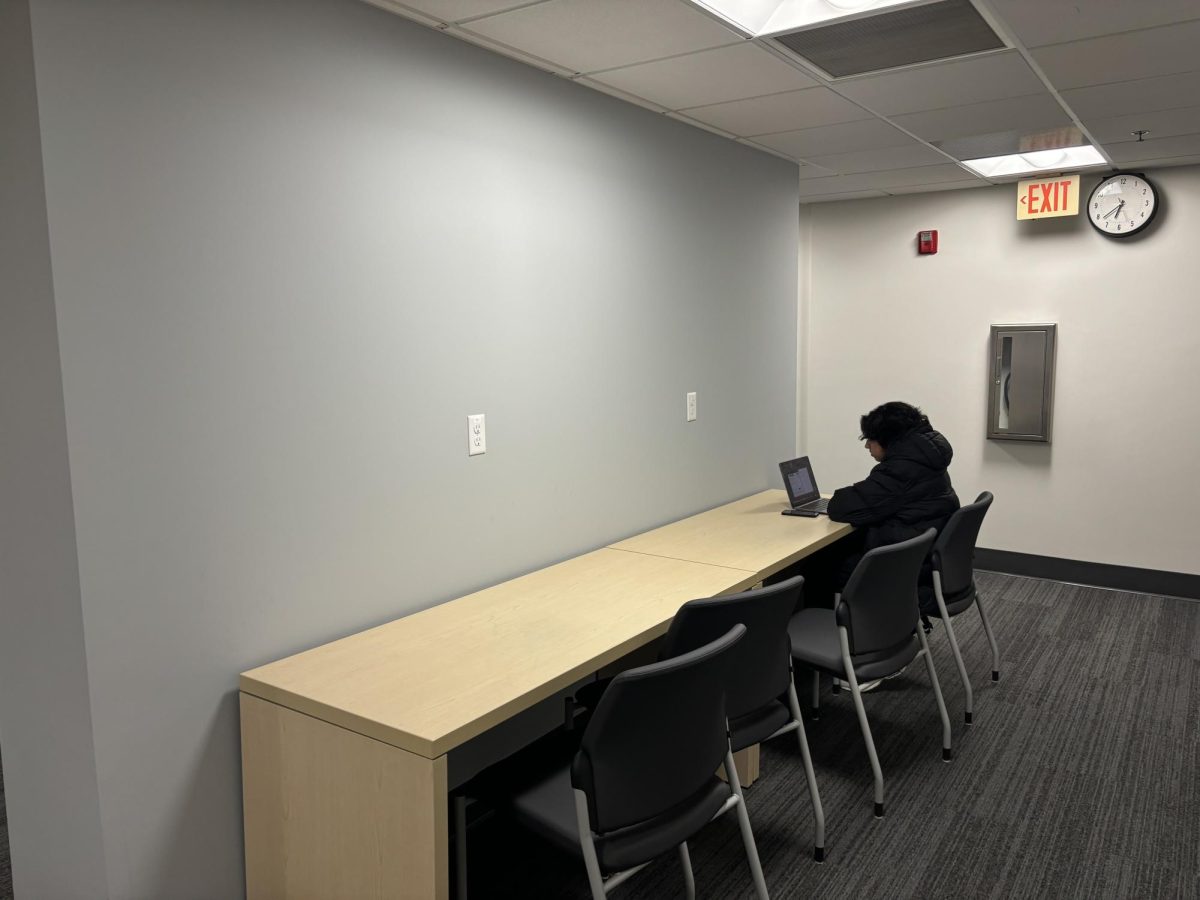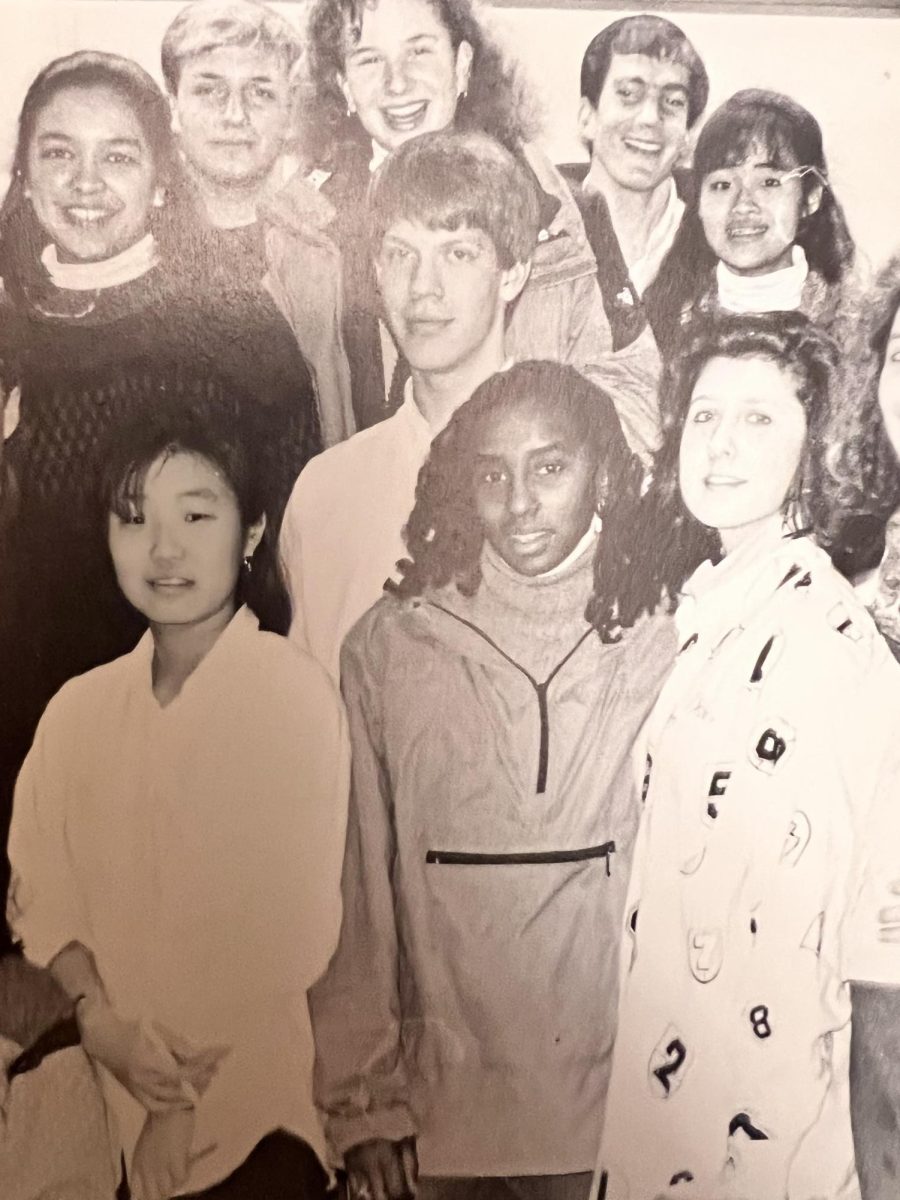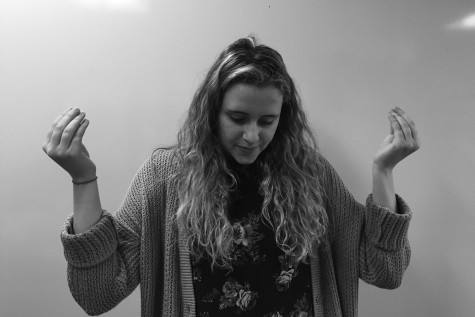Patricia Arquette’s Oscar acceptance speech was a call for American women to demand equal pay in the workplace. To further her point, she spoke with the press: “It’s inexcusable that we go around the world and we talk about equal rights for women in other countries and we don’t [receive those rights] […] It’s time for all the women in America, and all the men that love women and all the gay people and all the people of color that we’ve all fought for — to fight for us now!”
Arquette’s speech and comments, though well-intentioned, show a critical flaw in the modern feminist movement: white-washed feminism. This vein of feminism stems all the way back to the second wave of feminism, when women of color were often excluded from the conversation of equality entirely. Today, it seems we face a very similar issue.
Figures who are thought to be leaders in the modern feminist movement, like Sheryl Sandberg, seem to completely disregard minority or underprivileged women. In her book Lean In, equality in the workplace is only highlighted for women who come from a privileged background and are in top positions in their place of employment. She acknowledges this, stating that “parts of this book will be most relevant to women fortunate enough to have choices about how much and when and where to work.” Her acknowledgement is important, but it doesn’t dismiss the fact that one of the texts often referred to in modern feminism is not at all intersectional.
Even at school, we often skim over the issue of inclusion in our discussions gender equality. A majority of the population, including myself, is privileged in a large portion of identities, which allows the avoidance of blatant inequalities on a day-to-day basis. Duncan Werling ‘16 sees the stark differences between a private, elite school population and his out of school soccer team: “As an upper-middle class white male, I get the good end of a lot of stuff, but i have teammates from underprivileged situations who are of color that definitely don’t see the same opportunities as me. I think just going to Blake and attending a school where upper-middle class is the norm, we tend to lose sight of a whole lot of the spectrum.”
As a white, middle-upper class feminist myself, it is simple to ignore minorities in my conversation of feminism. However, true feminism is intersectional, or encompassing many issues of oppression, inequality, and discrimination. If we lose the quintessence of this intersectionality in our discussions of feminism and gender equality, we will also lose the true potential that feminism has to be an agent of change in our modern culture.
Maxine Whitely and Caroline Uphus are working towards creating a successful and intersectional Feminism Club at Blake. If you are interested, feel free to reach out and ask questions. More information will be released after Spring Break.









